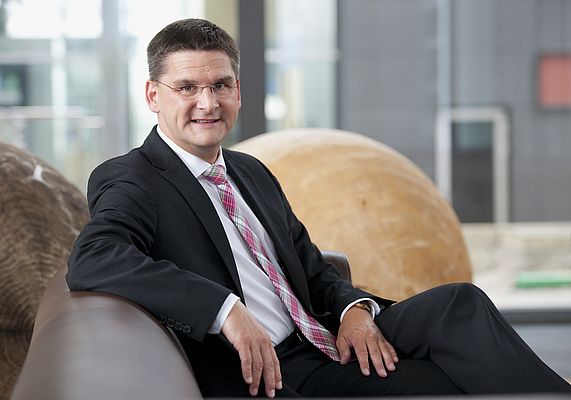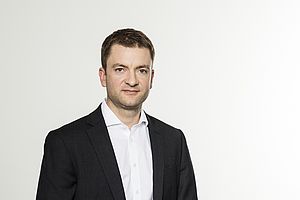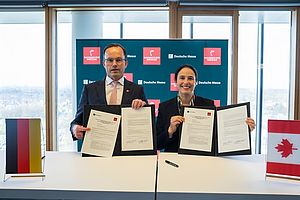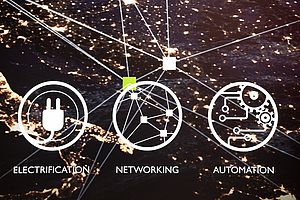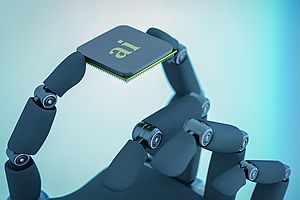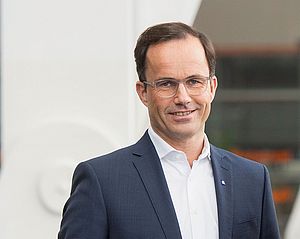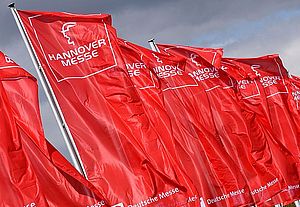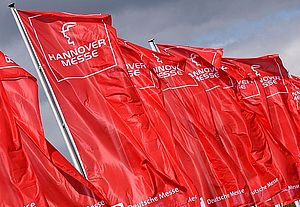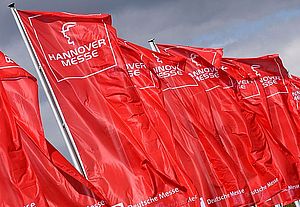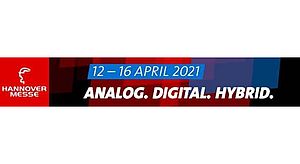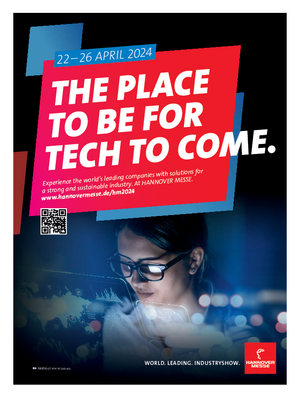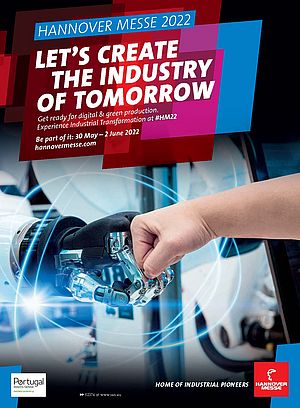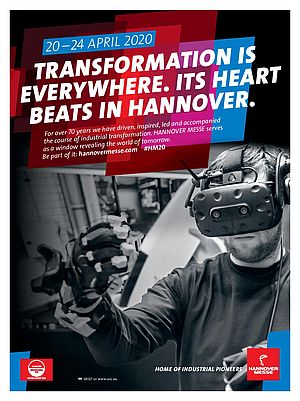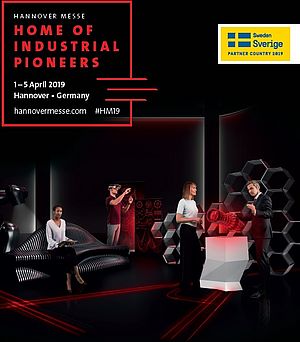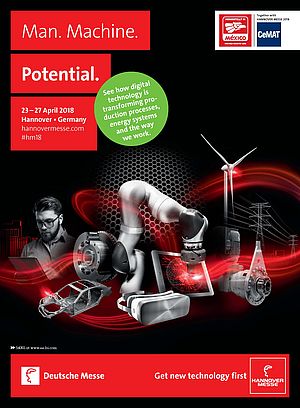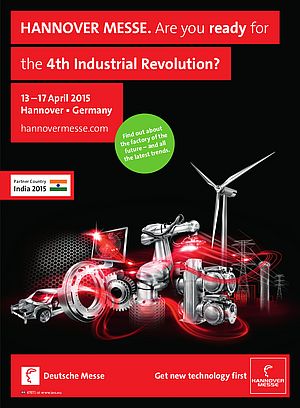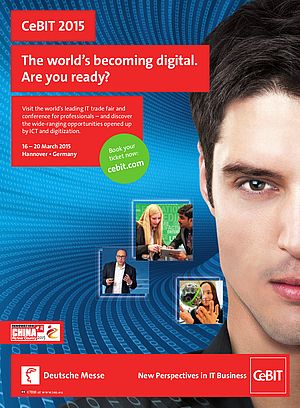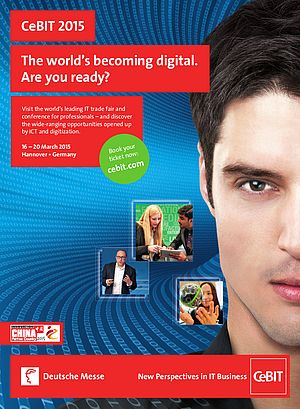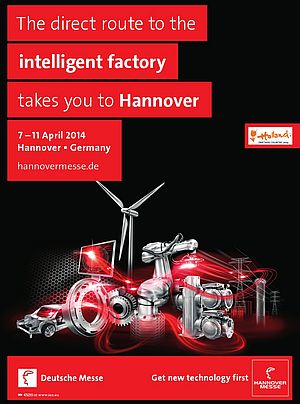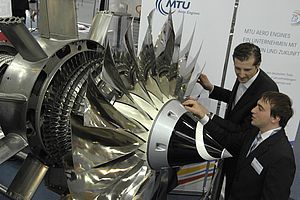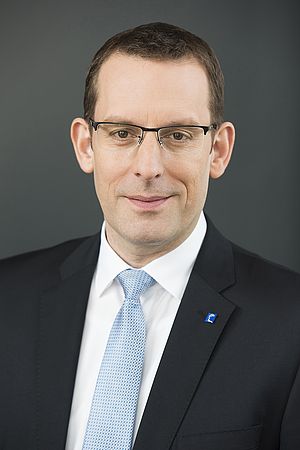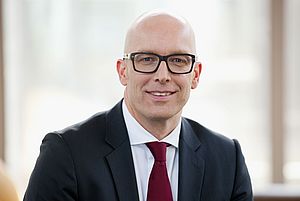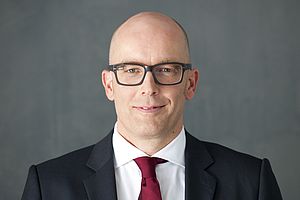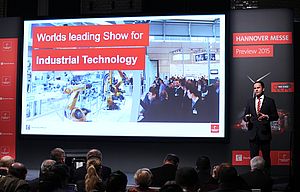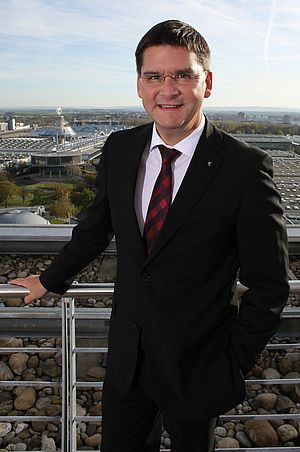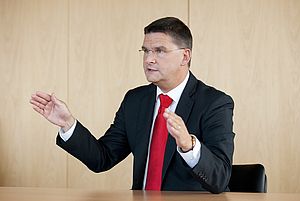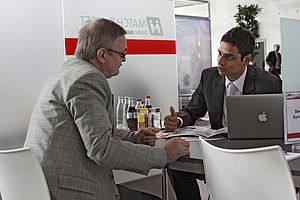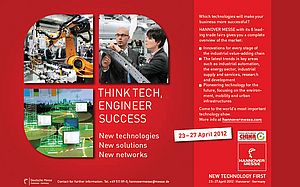As the biggest and most important industrial fair world-wide, HANNOVER MESSE is always at the forefront of new trends and developments in technology and automation. Energy Efficiency has talked to Oliver Frese, Senior Vice President, HANNOVER MESSE, at Deutsche Messe AG.
EE: What will be the focus areas of HANNOVER MESSE next year?
Frese: Next year’s HANNOVER MESSE features a lineup of 11 trade fairs. Covering all stages of the value-adding chain, they show how industrial technologies are put to work across a broad spectrum of industry sectors. The displays of industrial automation and IT, energy and environmental technologies, power transmission and control, industrial supply, production technologies and services as well as research and development represent the core areas of industry. All the technologies displayed under these headings serve to increase productivity in industry, and thus make companies more competitive. The sharing of knowledge among industry professionals and the synergies generated by the juxtaposition of all the different industry sectors at the same time and in the same place – these are what make HANNOVER MESSE the only event of its kind worldwide.
EE: Energy efficiency has been one of the important subjects lately. How does HANNOVER MESSE cater for the interest in this area?
Frese: Exhibiting companies come to HANNOVER MESSE to present the latest technologies, concepts and services for improved efficiency in industrial production. For the past six years the whole issue of energy efficiency has had its own platform at the trade fair Industrial Automation, known as the “Efficiency Arena”. Visitors to the show, including politicians from the EU and Germany as well as representatives of industry associations, use the “Efficiency Arena” to learn about the latest technical solutions and talk directly to the participating manufacturers.
EE: Russia will be the official Partner Country next year. What can visitors and exhibitors expect from this participation?
Frese: Russia is an ideal Partner Country for HANNOVER MESSE. So exhibitors and visitors alike are all expecting a really exciting presentation from the Russians – especially as Russia has a key role to play in the new energy policy. Russia, after all, is the principal supplier of gas to Europe. Studies have shown that natural gas will become the most important energy source in less than twenty years from now. So as from 2030 natural gas will replace oil as the dominant fuel source, making it a major contributor to the success of the energy turnaround.
But Russia also has a massive requirement for new machinery and plant. At the same time the Russian economy is growing at a steady 3.5 per cent. This makes Russia a very important trading partner for Germany’s engineering sector. We have no doubt that the Russian Federation’s presentation at HANNOVER MESSE 2013 will make a powerful case for Russia as a strong business partner.
EE: The Hermes Award is celebrating its 10th anniversary in 2013. What part does the award play in your event?
Frese: The HERMES AWARD is one of the world’s most coveted industrial awards. The nominees and winners of this high-profile technology prize are assured of widespread publicity, opening the door to new business contacts all over the world and giving industry an important insight into the latest technical innovations. The HERMES AWARD is now firmly established as a key driver of business development at HANNOVER MESSE. We are looking forward to seeing the submissions from exhibitors, and hope to discover plenty of exciting innovations.
EE: Where do you see the trends of the future in automation and technology?
Frese: Businesses today are increasingly recognizing the need to integrate all the different functions and activities that make up modern industry. HANNOVER MESSE has decided to focus on this trend next year under the tagline “Integrated Industry”.
As well as the integration of technical and electronic systems, the term “Integrated Industry” also picks up on the challenge that faces all areas of industry: to work together across the divide between individual companies and sectors. This results in shorter communication paths and more efficient collaboration.
But in the future, machinery and plant, workpieces and components will also be able to communicate, exchanging data and information in real time. This will boost efficiency, safety and resource conservation in production and logistics. Experts are already calling this the “fourth industrial revolution” – the first three being identified with the steam engine, mass production and automation.
“Integrated Industry” is a great tagline or major theme for next year’s HANNOVER MESSE. In its various forms and applications the theme will run through all eleven trade fairs in the lineup. We look forward to an exciting and stimulating show.
Hannover Messe 2013
Interview with Oliver Frese, Senior Vice President, HANNOVER MESSE, at Deutsche Messe AG
- by Deutsche Messe AG
- November 16, 2012
- 4113 views


